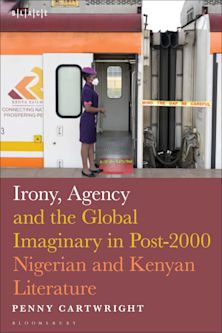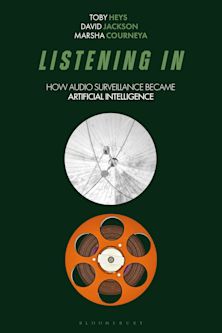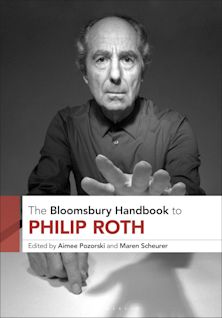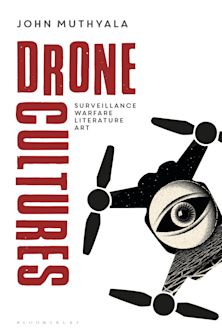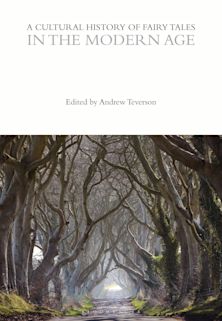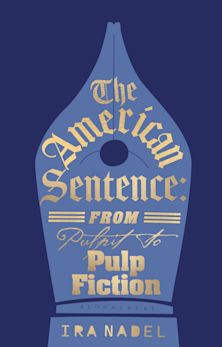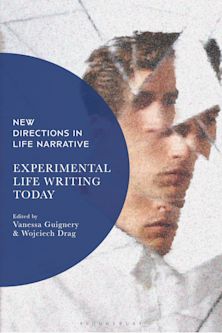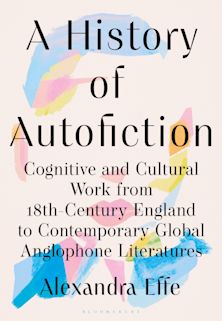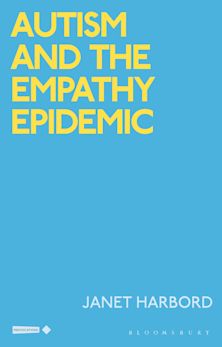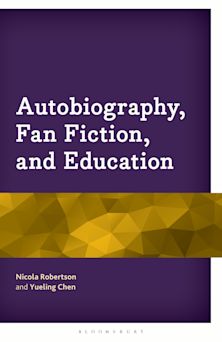- Home
- ACADEMIC
- Literary Studies
- Contemporary Literature
- Literature and the Conservative Ideal
Literature and the Conservative Ideal
Literature and the Conservative Ideal
This product is usually dispatched within 3 days
- Delivery and returns info
-
Free US delivery on orders $35 or over
You must sign in to add this item to your wishlist. Please sign in or create an account
Description
By examining the ways in which the conservative vision of the world informs certain modes of literary study and has been treated in various works of literature throughout the ages, this book seeks to recover conservatism as a viable, rigorous, intellectually sound method of critical inquiry. While it stops short of promoting political conservatism as an antidote to the dominant progressive strain of today’s university, it recognizes literature’s transformative power as an artistic reflection of the universal human condition. In this way, it operates against the grain of today's prevailing approaches to literature, particularly the postmodernist wave that has employed literature as a recorder of injustice rather than as evidence of artistic achievement. Therefore, the agenda is restorative, if not revolutionary, returning literature to its place as the center of a true liberal arts curriculum, one that celebrates human freedom, the unimpeded pursuit of truth, and the preservation of civilized life.
Perhaps this book's greatest service is that it seeks to define conservatism in highly distinct contexts. Its authors collectively reveal that the conservative ideal lacks formulaic expression, and is thus more richly complex than it is often credited for. Conservatism is not easily defined, and by presenting such divergent expressions of it, the essays here belie the reductive generalizations so common throughout the academy. Ultimately, the conservative ideal may have much more in common with the stated goals of higher learning than has previously been acknowledged. Thus, while this book in no way seeks to directly apply conservatism to curricular matters, it does revive a competing vision of how knowledge is transmitted through art and history, while also affirming the ways in which literature functions as a forum for ideas.
Table of Contents
Mark Bauerlein
Preface
Part 1: The State of the Academy
Conservatism, Liberal Education, and the Promise of the HumanitiesMark Zunac
Part 2: The Conservative Critical Tradition
Early Leavis: Who He Was, and What He IsThomas Jeffers
Toward a Conservative Aesthetic: The American New CriticsThomas Stanford III
Part 3: Reviving the Canon: Some Reconsiderations
Popular Reception of Shakespeare's Shylock in The Merchant of VeniceTodd H.J. Pettigrew
Carlyle the WiseBarton Swaim
Conservatism and the Genteel Tradition: George Santayana and Henry James
James Seaton
‘Tony madly feudal’: Evelyn Waugh’s A Handful of Dust and the Conservative Critique of Secular Conservatism
D. Marcel DeCoste
Part 4: Non-Canonical Texts
Private Property and the Anti-Jacobin Defense of Liberty and the NationMark Zunac
Black and American: George Schuyler’s Battle against Black Separatism
Mary Grabar
About the Contributors
Index
Product details
| Published | May 24 2019 |
|---|---|
| Format | Paperback |
| Edition | 1st |
| Extent | 222 |
| ISBN | 9781498512404 |
| Imprint | Lexington Books |
| Dimensions | 9 x 6 inches |
| Publisher | Bloomsbury Publishing |
About the contributors
Reviews
-
Scholarship on conservative literary traditions, conservative approaches to literary analysis, and conservative writers has become increasingly rare in the Humanities. I welcome with more than ordinary gratitude the wisdom and moral balance of these otherwise silenced voices.
Ruth Wisse, Harvard University













